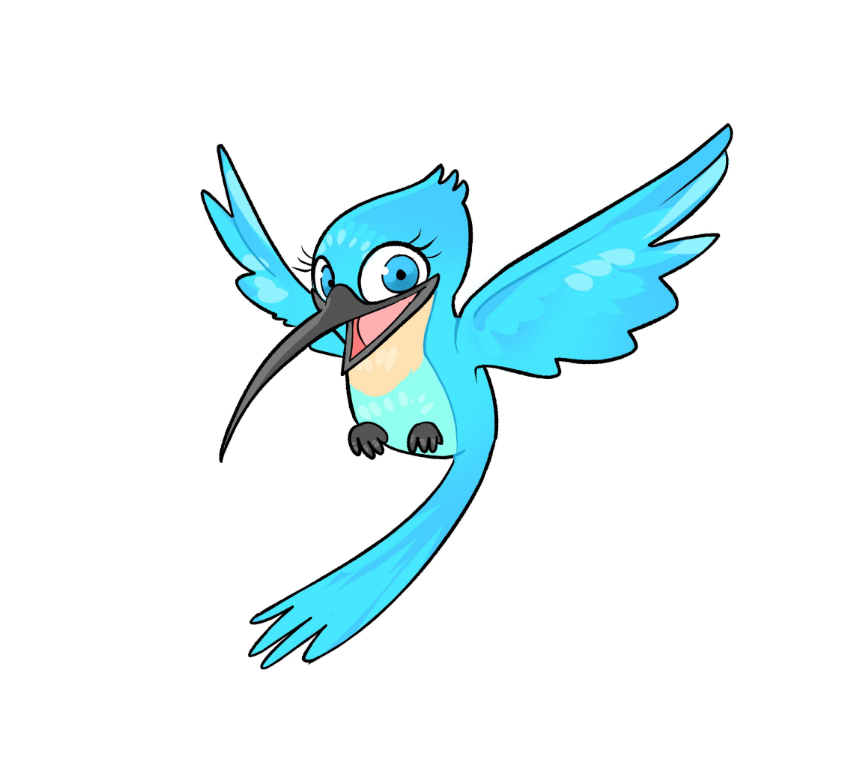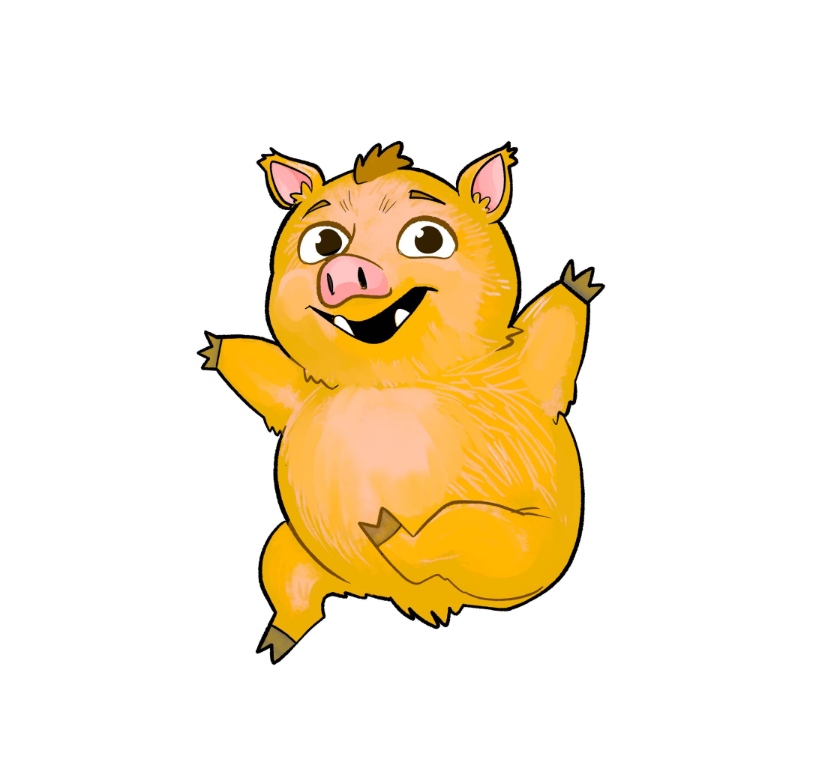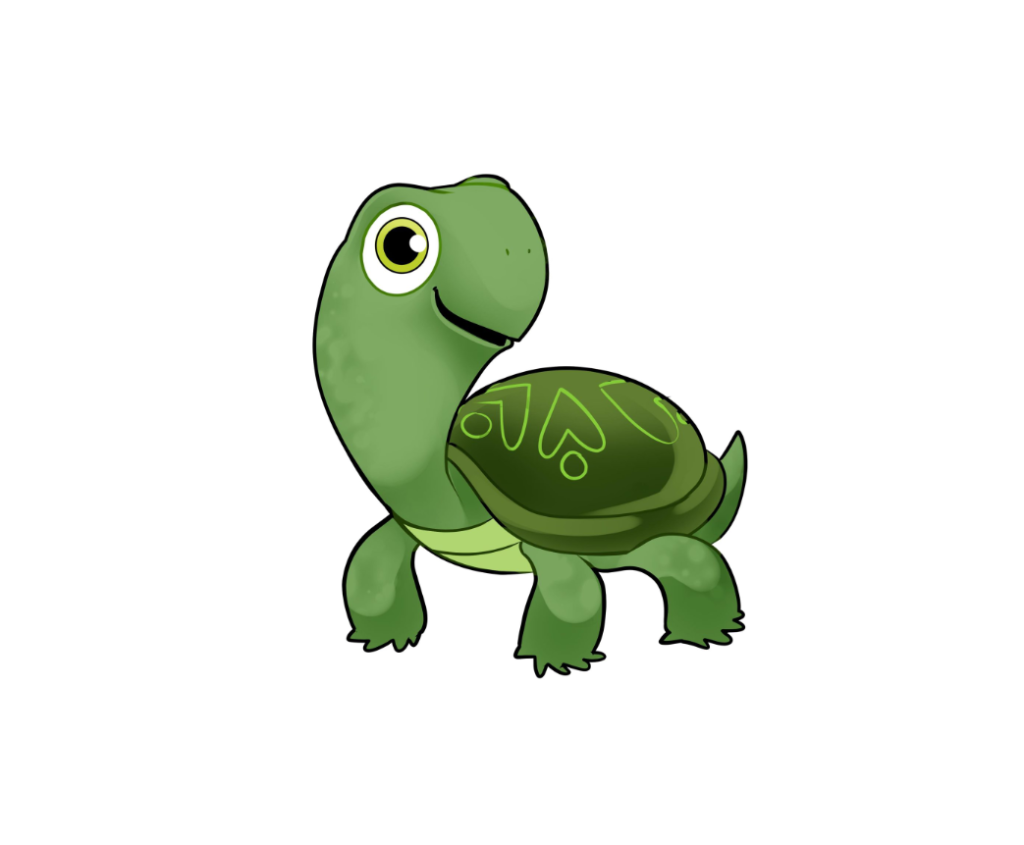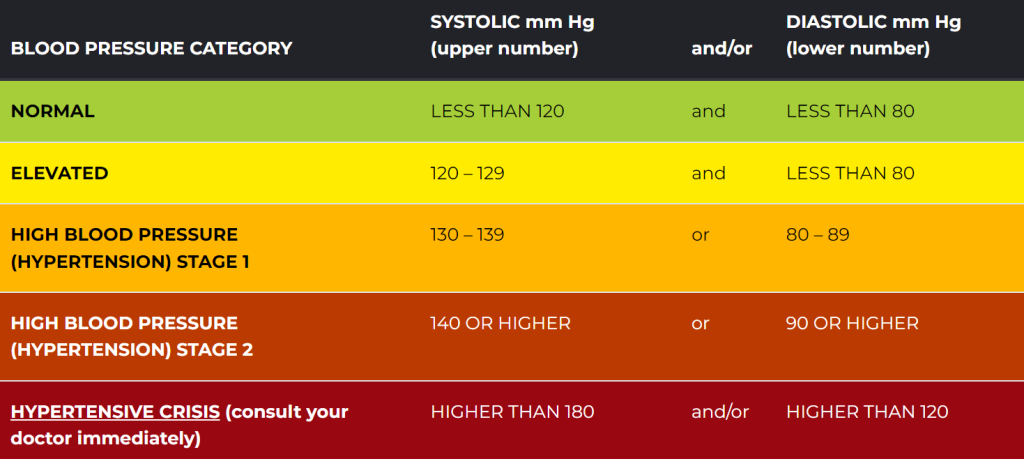Maintaining a Healthy Prostate
By Jason Pawloski, RDN | Registered Dietitian
June is Men’s Health Month, so we’re taking a moment to highlight the importance of screenings and eating healthful to prevent some of the common health concerns men experience.
Prostate Cancer
Prostate cancer is a type of cancer that develops in the prostate gland, which is a small walnut-shaped gland found in men. Prostate cancer occurs when the cells in the prostate gland start to grow uncontrollably. These abnormal cells can form a tumor and, if left untreated, may spread to other parts of the body. Although prostate cancer is the second most common type of cancer in men, it often grows slowly and may not cause significant symptoms in the early stages.
Prostate cancer that’s more advanced may exhibit signs and symptoms such as:
- Trouble urinating
- Blood in the urine
- Losing weight without trying
- Bone pain
- Erectile dysfunction
Erectile Dysfunction
Unfortunately, estimates suggest that about 40% of men will experience some degree of erectile dysfunction (ED) by the age of 40, and up to 70% of men will likely experience this problem by the age of 70 years old. Frequent erectile dysfunction, however, can be a sign of health problems that need treatment.
Prostate cancer and erectile dysfunction might not always be preventable, but there are some things you can do to reduce your risk.
Reduce Your Risk
Start by eating a heart healthy diet! In many cases, ED results from vascular disease. So, in other words, what foods are good for heart health are also great for proper blood flow and sexual health.
By eating a high fiber diet, low in saturated fats, and including various sources of heart healthy fats, this may help to protect against prostate cancer and erectile dysfunction.
- For a heart healthy diet:
- Eat at least five servings of fruits and vegetables per day (more is better!)
- Choose more whole grains – brown rice, whole wheat, oats, quinoa, etc.
- Eat essential fats daily – fish, nuts, seeds, avocados, olive oil
- Limit intake of refined grains and added sugars
- Limit intake of processed meats, red meats, and high fat dairy
In general, a healthful diet can be helpful for preventing so many different chronic conditions, not just for preventing cancer and erectile dysfunction. Schedule an appointment with a NOAH Registered Dietitian for expert guidance and support in navigating men’s health and nutrition-related matters.







